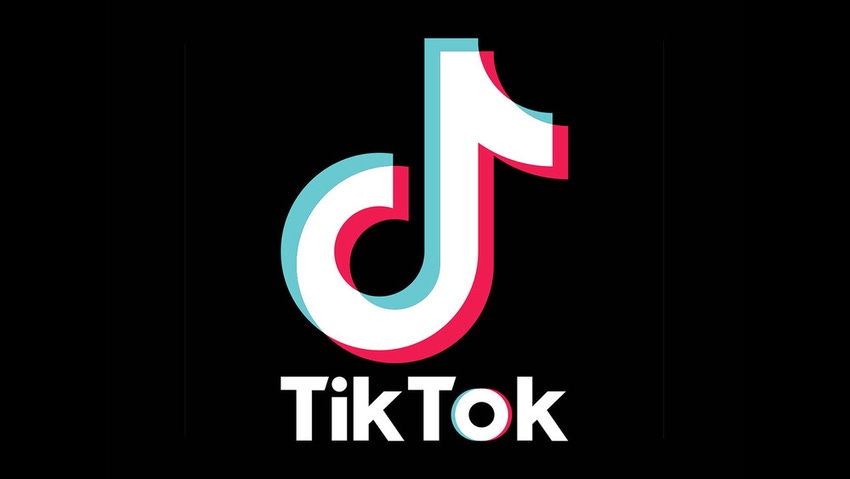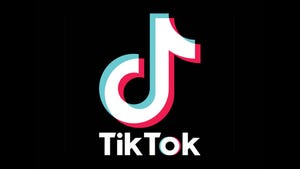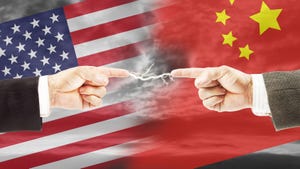Microsoft loses out as TikTok bets on Oracle partnership to avert ban or forced sale
TikTok parent ByteDance is banking on a partnership with Oracle to keep its video-sharing app up and running in the US without having to sell it outright.
September 14, 2020

TikTok parent ByteDance is banking on a partnership with Oracle to keep its video-sharing app up and running in the US without having to sell it outright.
The Wall Street Journal (paywall) and Reuters both cited unnamed sources over the weekend claiming that a deal has been done, with the latter reporting that Oracle will take on responsibility for managing TikTok user data as ByteDance’s so-called ‘trusted technology partner’. Both reports claim that the deal will not be structured as a sale.
ByteDance hopes this manoeuvre will convince the Trump administration that sensitive information is not being shared with the Chinese government, while at the same time assuring Beijing that TikTok assets are not being transferred to a foreign entity.
The Oracle partnership is said to be subject to approval by the White House and the Committee on Foreign Investment in the US (CFIUS).
The development dealt a blow to Microsoft, which had teamed up with retailer Walmart to launch a joint bid for the assets. As joint owner of TikTok, Microsoft could have plugged it into its Teams collaboration app and professional social network LinkedIn.
“We are confident our proposal would have been good for TikTok’s users, while protecting national security interests,” said Microsoft, in a brief statement on Sunday. “To do this, we would have made significant changes to ensure the service met the highest standards for security, privacy, online safety, and combatting disinformation.
“We look forward to seeing how the service evolves in these important areas,” the software giant added, suggesting that Oracle and ByteDance will be subject to intense scrutiny in order to get their deal over the line.
Ultimately, its success or failure likely depends on whether it can be spun to look like a victory for the US over China in its ongoing trade war.
After much sabre-rattling, Donald Trump in early August issued two executive orders; the first prevents any US firm from doing business with ByteDance after 20 September, while the second gives ByteDance until 12 November to sell TikTok. As well as targeting TikTok, the executive orders also took aim at Chinese chat app WeChat. Washington alleges that China can use Tencent—owned WeChat to keep tabs on Chinese citizens living in the US.
The government justified its action against TikTok with the allegation – denied of course by ByteDance – that TikTok “threatens to allow the Chinese Communist Party access to Americans’ personal and proprietary information — potentially allowing China to track the locations of Federal employees and contractors, build dossiers of personal information for blackmail, and conduct corporate espionage.”
It is also worth remembering – amid all the bombast – China’s well-documented intelligence law, which mandates people and businesses to cooperate with its security services. As a Beijing-headquartered entity, ByteDance is presumably subject to that law.
With 175 million users in the US, the stakes are high for TikTok, which has already been banned in India over privacy concerns. Microsoft could still be interested in a takeover if the Oracle deal is blocked, for instance. In addition, rivals like Instagram, and less-well-known players such as Likee and Byte – which was started by Dom Hofmann, one of the co-founders of Vine – would only be too happy to hoover up displaced TikTok users in the event that the app is banned.
About the Author(s)
You May Also Like











_1.jpg?width=300&auto=webp&quality=80&disable=upscale)


.png?width=800&auto=webp&quality=80&disable=upscale)